有我罪即生,亡功福无比
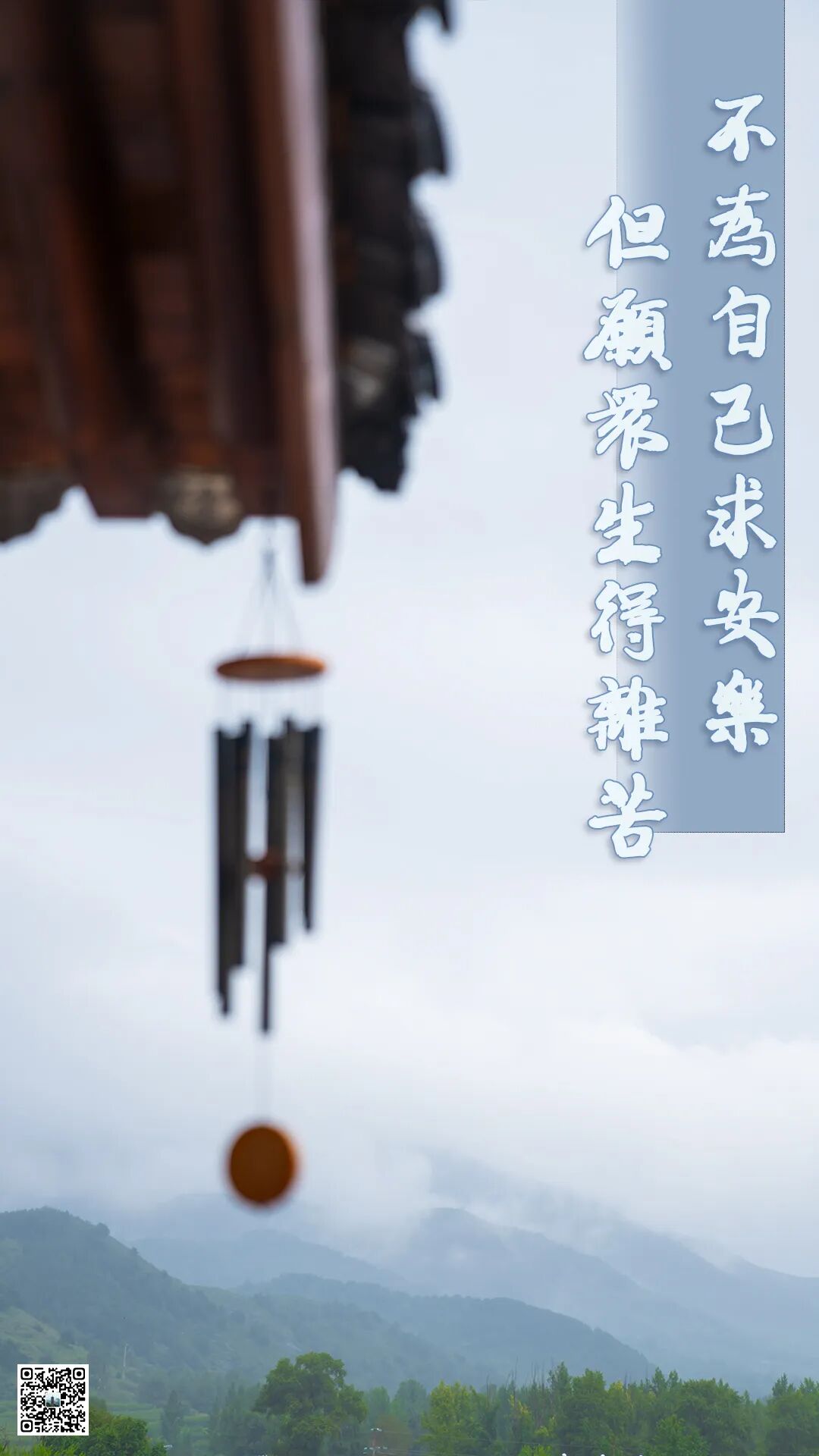
点击收听英文朗诵
一个为众生考虑的人,
就不需再为自己考虑了,
因为龙天护法会护持你。
A person who considers the welfare of all sentient beings,
Need no longer look after themselves,
For the Dharma protectors of dragon and Deva will support and protect them.
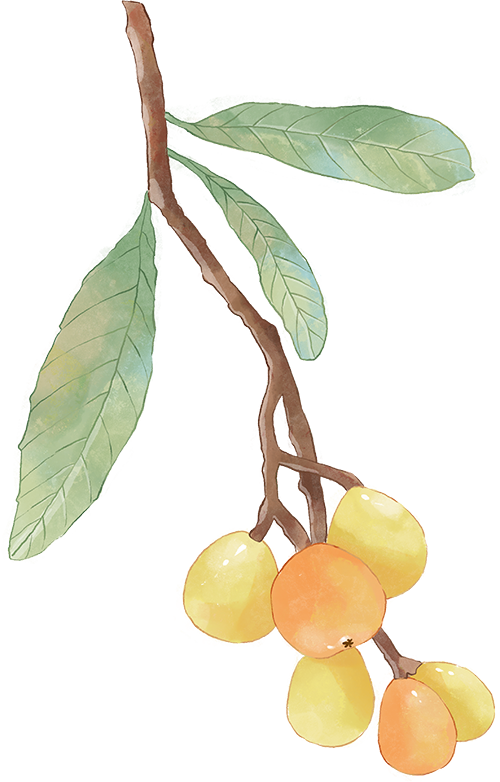
快乐等于利他之心
Happiness Equals an Altruistic Mind
固定布局
工具条上设置固定宽高
背景可以设置被包含
可以完美对齐背景图和文字
以及制作自己的模板
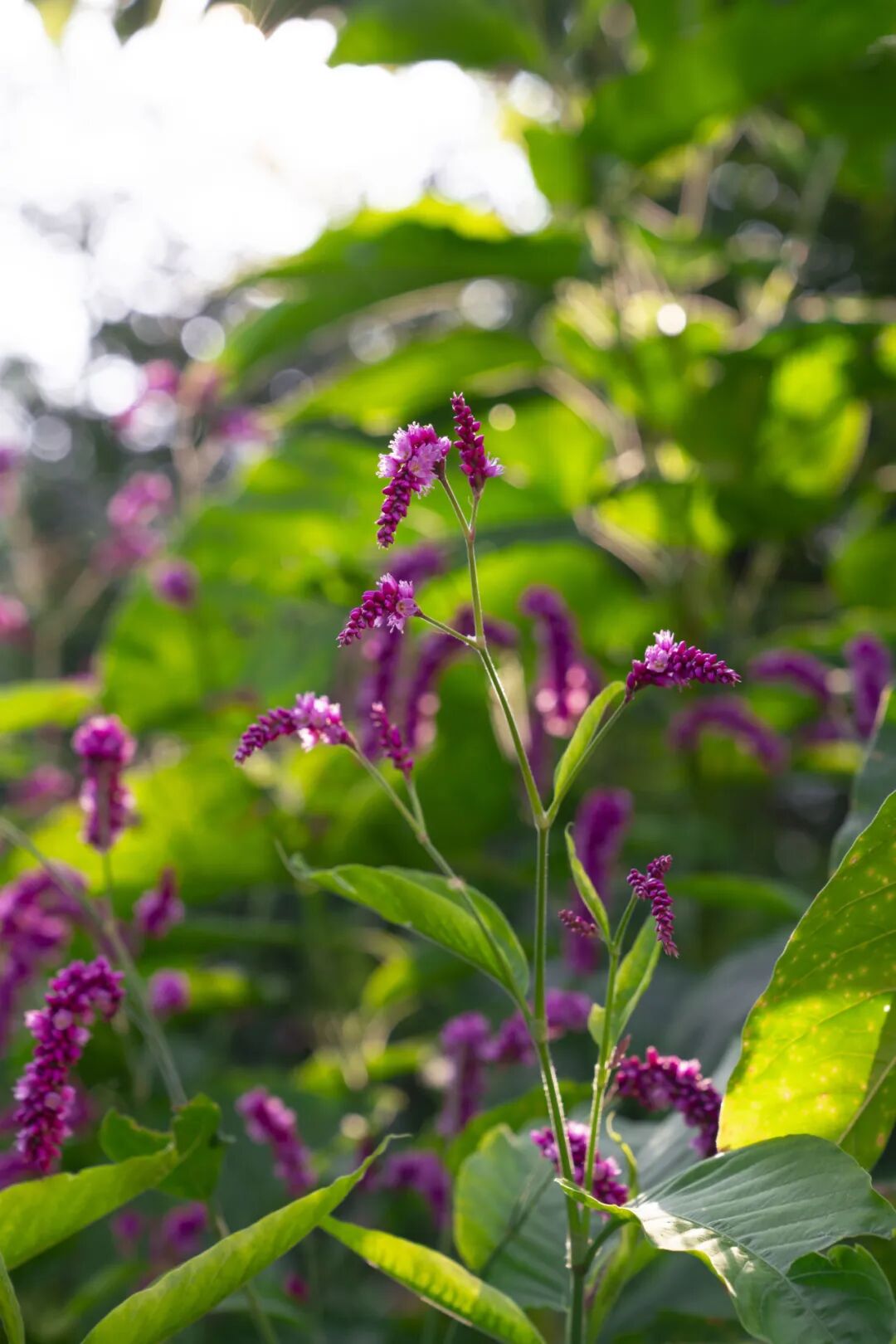

固定布局
工具条上设置固定宽高
背景可以设置被包含
可以完美对齐背景图和文字
以及制作自己的模板
不为自己考虑,一心一意为众生考虑的人是谁?就是佛啊!我们生生世世为了自己得到快乐,却还在苦海里轮回;佛菩萨把自己的快乐给予众生,给众生制造快乐,不为自己想,却早就离苦得乐了。
什么是快乐,怎么会痛苦?快乐等于利他之心,一个人有利益众生的心,把自己的生命利益众生,他就会获得快乐。一个自私自利的人,会得到痛苦,自私的心是痛苦的原因,是制造痛苦的元凶。
自私等于痛苦,利他得到快乐。你减少一份自私就减少一份痛苦,你多一份利他就多一份快乐。佛是觉悟者,佛已经把真理告诉了我们,像医生一样开了药方给我们,那我们要去抓药吃,要按照这个方法去做。
你越是不为自己考虑,那你的心胸越大,心胸一大,福报就大,所以叫“量大福大”。“我”越大,越痛苦。全天下都只有你自己,什么事情都为自己想,那别人就不会为你想;越是无我利他,越不需要自己爱护自己,因为最后大家都会爱护你。
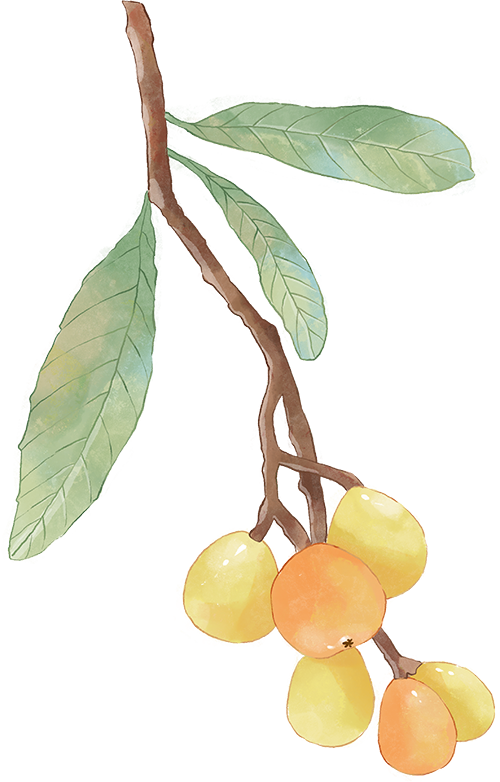
照见无我的智慧
The Illumination of No-Self Wisdom
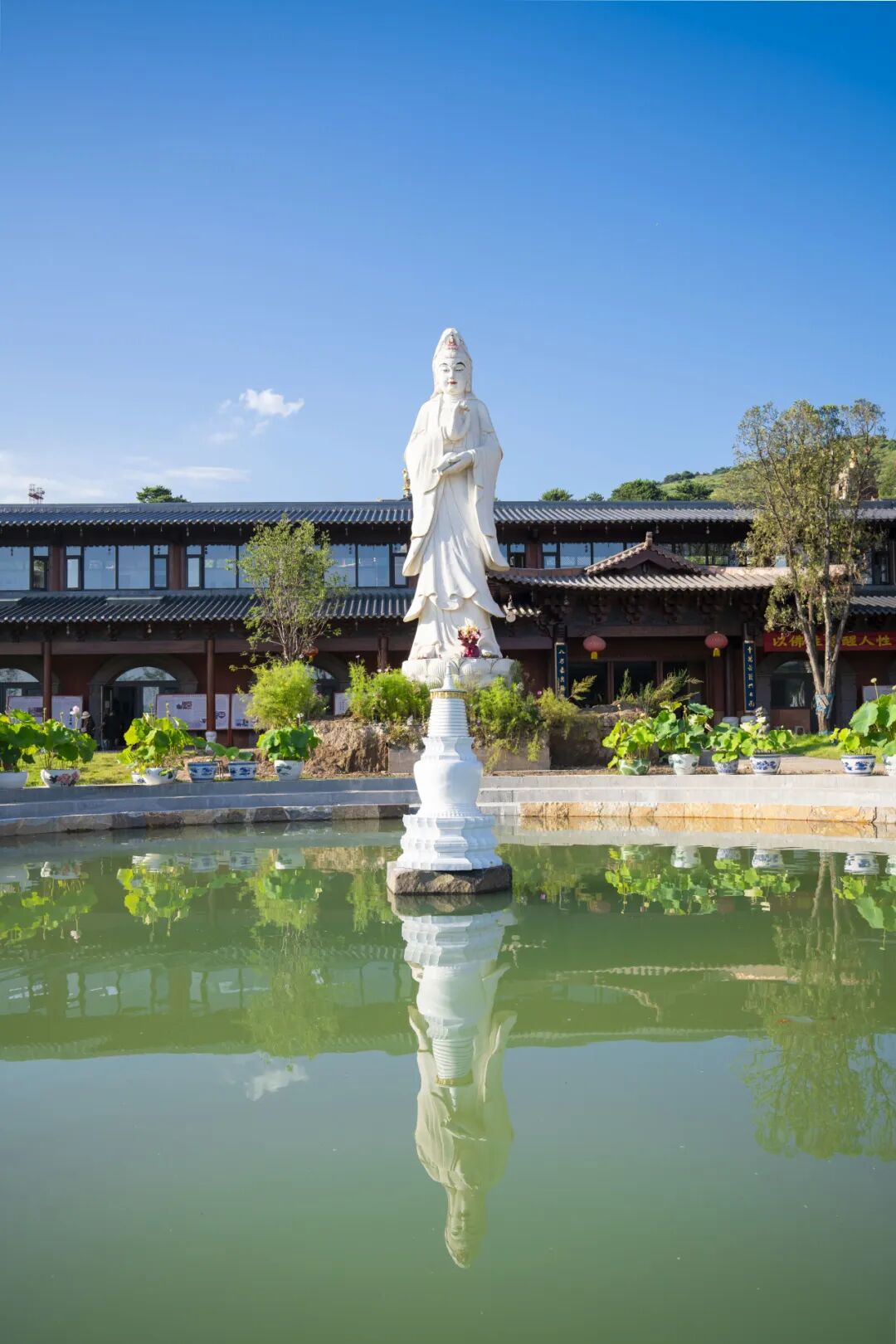
“我”是业力的和合、是虚妄的,这种智慧的照见就是佛菩萨在伸手救度我们。六祖大师说“有我罪即生,亡功福无比”,比如虽然你念《法华经》很多功、很多福,但是被你的傲慢、我执都消掉了;如果能不着我相,甚至不着所谓念经的功德相,这才是真正无与伦比的福德。
无我的智慧是更高级的生命状态,如果证得无我智慧,能无我,再利他,如佛一样发起菩提心,那我们生命进步就更快了。我们现在难就难在这里,我们还属于凡夫的状态,以“我”为中心,这是凡夫最大的标志。
对于佛弟子修行来说,虽然我们的生命很渺小,但当我们打开心灵的大门,超越自私、超越生命自我保护的本能,把爱自己的心去爱别人的时候,就会给众生带来幸福快乐。
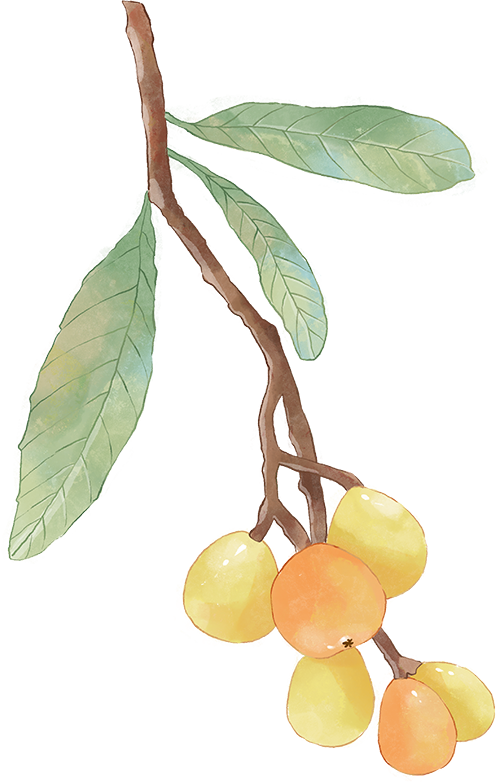
把众生放在第一因
Placing Sentient Beings
as the Primary Cause
固定布局
工具条上设置固定宽高
背景可以设置被包含
可以完美对齐背景图和文字
以及制作自己的模板
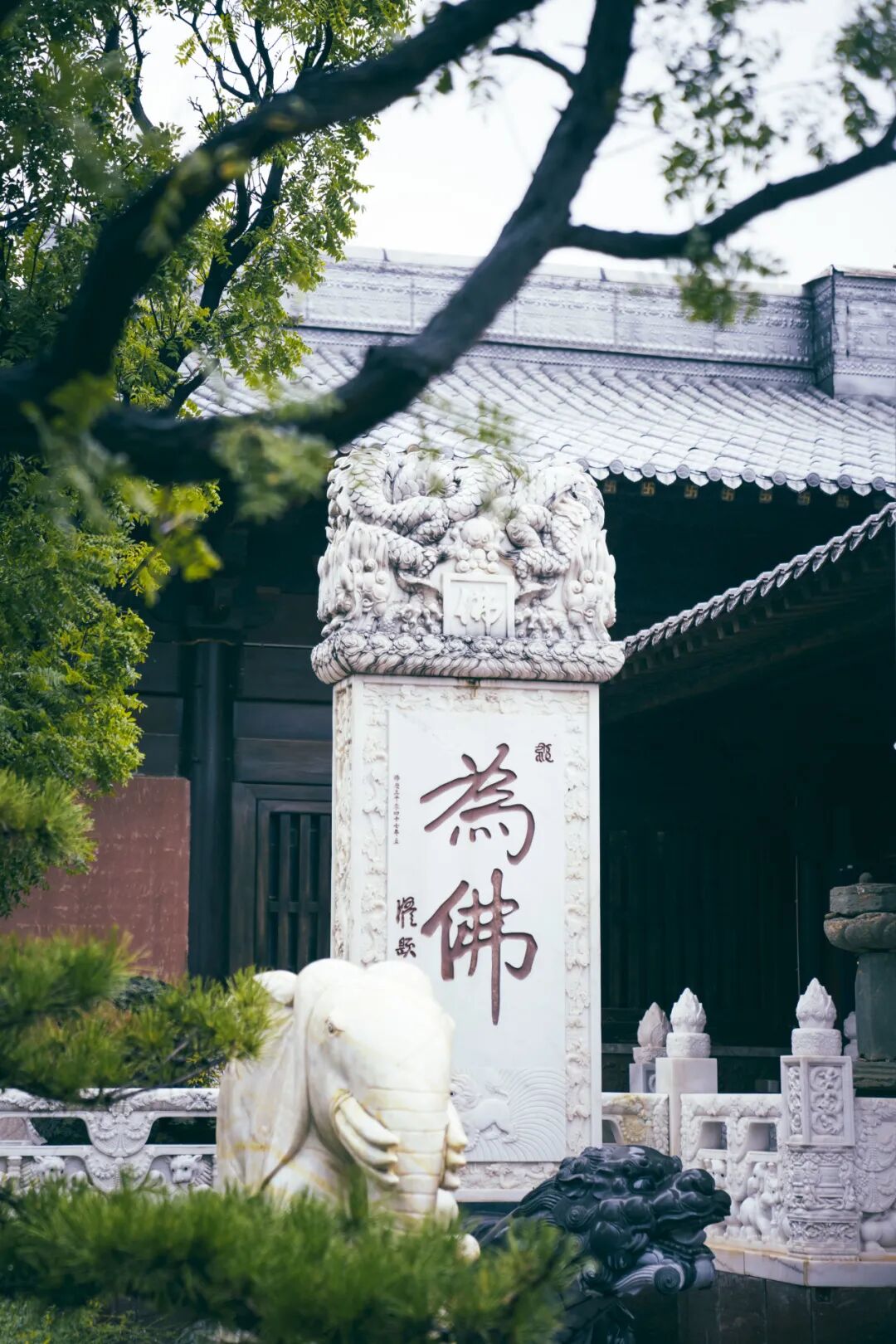

固定布局
工具条上设置固定宽高
背景可以设置被包含
可以完美对齐背景图和文字
以及制作自己的模板
当我们的心驾驭了生命,当我们的心有了三宝的皈依,在三宝的指引下,佛给我们每一个生命开光了,当我们的心发出阳光,温暖别人、温暖这个世间的时候,生命有可能不再渺小,甚至能与天地相应,达到“天人合一”的境界。
把“我”放在第一位,恰恰是罪恶的因,我们往往会滑向自私自利。如果把众生放在第一因,我是第二因,我为众生服务,我是很渺小的,这样“我”的很多弱点、黑暗和负能量有可能就会被降伏。
当一个生命降伏负能量、彰显正能量、随顺到宇宙正能量洪流中的时候,这个生命会更强大,他甚至能跟天地相应,可以超越时间和空间,发出生命永恒的光芒。
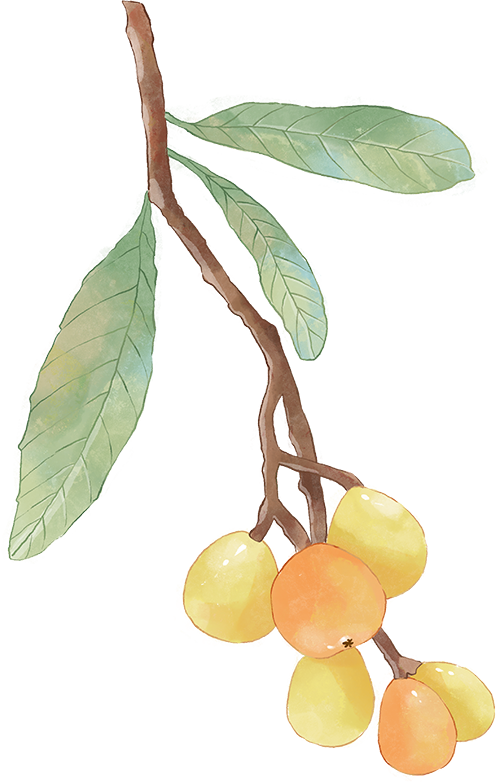
全心全意地为了众生想
Wholeheartedly Considering
the Welfare of Sentient Beings
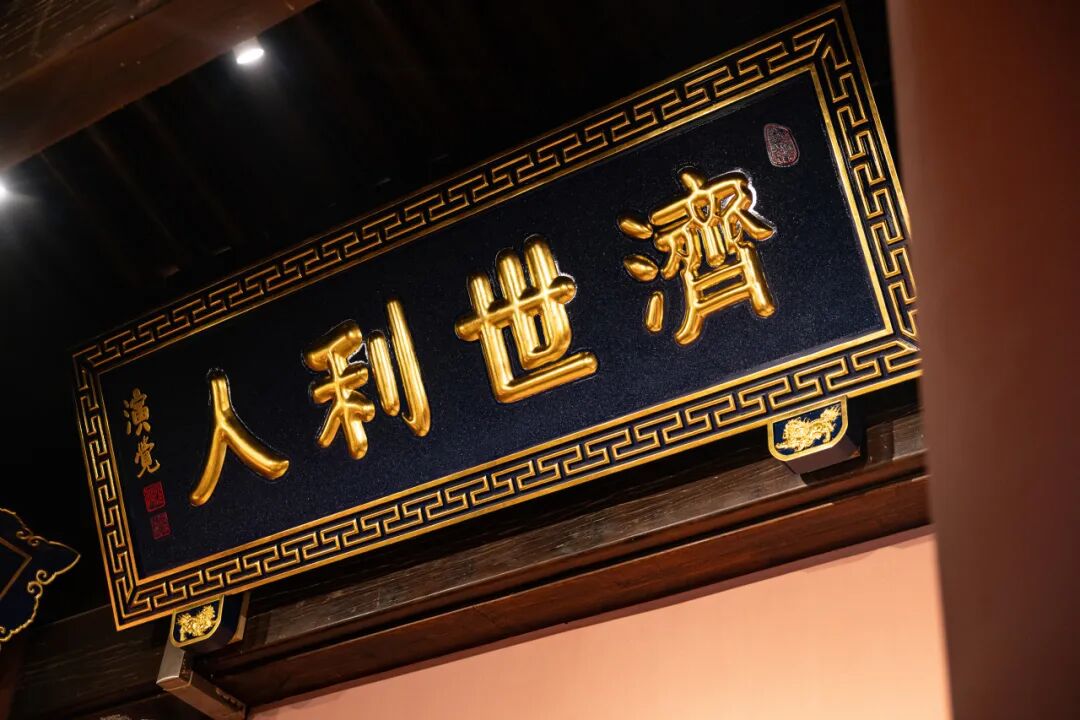
当你全心全意地为了众生想,为了佛法而献身的时候,是根本不需要考虑自己的。将此身心全部交付佛法,将自己的前途交付护法,完全无我,那你的黑暗点就都没有了,你的身心全部是光明的,这就有法了,有法才有护,否则没法护什么?
所以我师父说:有一个人修行,韦陀菩萨忙死啊!自己不要为自己想,你为自己想,佛菩萨就不为你想了。我师父也讲到:“毫不利己,专门利人”,这是佛教里的菩萨修行法门,世间这样的人是很少的。
大乘教法里说:一个为众生考虑的人,不需再为自己考虑了,因为天龙护法会给你护持。你如果完全为众生想,那就不需要再为自己想了;你如果为了度众生累死了,那无量劫的业障顿消,马上得到的就是佛的世界。这是佛教里修行的捷径。
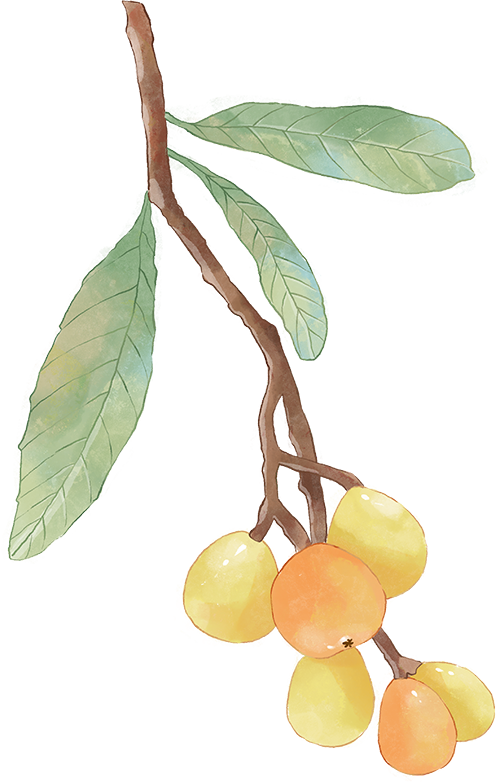
英文翻译
向上滑动阅览完整版英语翻译
When you act in this manner, there is no longer any need to consider yourself, for the Buddhas and Bodhisattvas will take care of them for you
Happiness Equals an Altruistic Mind
Who is it that never considers themselves but wholeheartedly cares for all sentient beings? It is the Buddha! Throughout countless lifetimes, we have sought happiness for ourselves, yet remain trapped in the ocean of suffering. The Buddhas and Bodhisattvas, however, give their own happiness to sentient beings and create joy for others, without seeking anything for themselves – yet they have long since transcended suffering and attained bliss.
What is happiness, and how does suffering arise? Happiness equals an altruistic mind. When an individual resolves to benefit sentient beings with their very life, they will attain happiness. A selfish person, on the other hand, will encounter suffering. A self-centered mind is the root cause of suffering, the primary source of all misery.
Selfishness equals suffering, while altruism brings happiness. The less selfish you are, the less suffering you experience; the more altruistic you are, the more happiness you gain. The Buddha, the Awakened One, has already revealed this truth to us, like a doctor prescribing medicine—it is up to us to take the medicine and practice accordingly.
The less you dwell on yourself, the broader your mind becomes. When your mind expands, your blessings grow, as the saying goes, “Great capacity brings great blessings”. The more you inflate the “self,” the more you suffer. If the entire world revolves solely around you, with every thought devoted to your own interests, others will not consider you. Conversely, the more selfless and altruistic you are, the less you need to protect yourself, for in the end, everyone will cherish and protect you.
The Illumination of No-Self Wisdom Is the Buddhas and Bodhisattvas Reaching Out to Save Us
The “self” is a composite of karmic forces, an illusion. The luminous insight into this truth is the Buddhas and Bodhisattvas reaching out to save us. The Sixth Patriarch (Master Huineng) said, “Where there is a sense of self, sin arises; forgetting merit brings boundless blessings”. For instance, even if you recite the Lotus Sutra extensively and accumulate great merit and blessings, they can all be negated by your arrogance and self-attachment. But if you do not cling to the notion of self, nor even to the concept of meritorious deeds like sutra recitation, that is when truly incomparable blessings arise.
The wisdom of No-Self is a higher state of being. If you attain this wisdom, become selfless, and dedicate yourself to benefiting others as the Buddha does by arousing bodhicitta, your spiritual progress will accelerate. Our difficulty lies precisely here: we remain ordinary beings, centered on the “self,” which is the defining characteristic of ordinary beings.
For Buddhist practitioners, though our individual lives may seem insignificant, when we open the gates of our hearts, transcend selfishness, and overcome the instinctual urge for self-preservation—to love others as we ourselves—we bring happiness and joy to sentient beings.
Placing Sentient Beings as the Primary Cause
When our minds master our lives, and when our heart takes refuge in the Triple Gem (Buddha, Dharma, Sangha), under their guidance, the Buddha illuminates each of our lives—when our heart radiates sunlight, warming others and the world—then our life may transcend insignificance. It may even resonate with heaven and earth, reaching the state of “harmony between humanity and the heaven”.
Placing the “self” first is precisely the cause of unwholesome deeds, often leading us into selfishness. But if we make sentient beings the primary cause and ourselves secondary—dedicating our efforts to serving others, recognizing our own insignificance—then many of our weaknesses, obscurations, and negative tendencies can be subdued.
When a life conquers negativity, manifests positive energy, and aligns with the universal flow of benevolent forces, that life becomes empowered. It may even resonate with the cosmos, transcending time and space, and radiate the eternal light of life
Wholeheartedly Considering the Welfare of Sentient Beings
When you wholeheartedly live for the sake of sentient beings and dedicate yourself to the Dharma, there is fundamentally no need to consider yourself. By completely entrusting your body and mind to the Dharma and your future to the Dharma protectors, becoming entirely selfless,, all your obscurations vanish and your entire being becomes luminous. This is what it means to “have the Dharma.” Only when one has the Dharma can there be protection, for without it, what is there to protect?
Thus, my teacher said: “When one person cultivates, Skanda Bodhisattva is worked to exhaustion!” Do not seek your own advantage. If you only consider yourself, the Buddhas and Bodhisattvas will not consider you. My teacher also taught: “Complete selflessness, total dedication to others”—this is the Bodhisattva path in Buddhism. Such people are very rare in the world.
The Mahayana teachings declare: “One who considers the welfare of sentient beings need not look after themselves, for the Dharma protectors of dragon and Deva will support and protect them.” If you fully live for others, there is no need to think of yourself. If you exhaust yourself in liberating sentient beings, the karmic obstructions of countless eons are instantly eliminated—and what you immediately attain is the realm of the Buddha. This is the swift path of practice in Buddhism.
英文翻译:智航
英文朗诵:贤迦
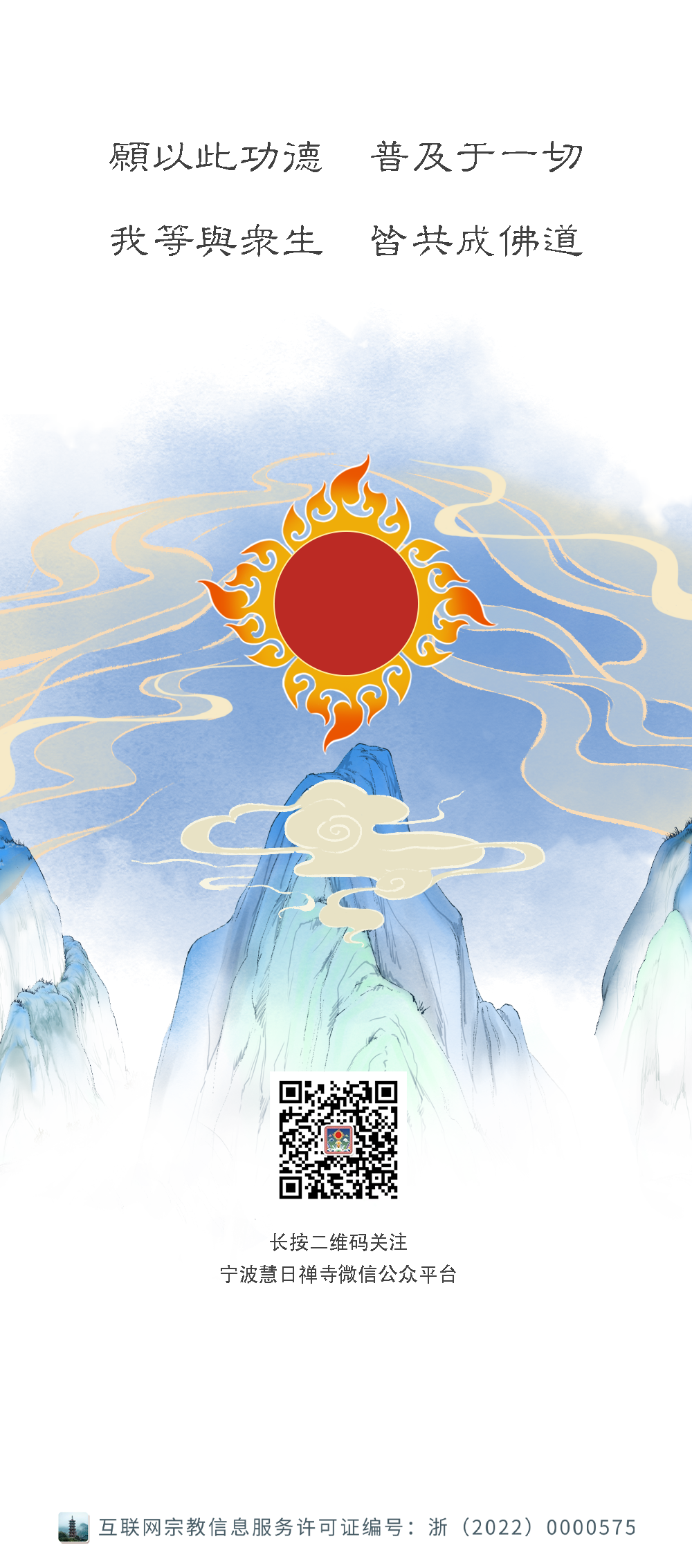
- 相关文章
- · 欲知山下路,须问过来人
- · 你的知识,有没有用对地方?
- · 这是佛菩萨的大愿啊
- · 将生命“镶嵌”于成佛之路
- · 在简洁清苦中,活出生命的禅悦
- · 佛法,每天听一点,终会聚沙成塔
- · 人生最高级的活法:转识成智
- · “自修、自了、自安排”,这就是佛法超时空的特质
- · 三皈依,是佛弟子一生的学处
- · 谛闲大师 | 念佛法门,至圆至顿,最简最易 (开示常堂主师)
- · 一部手机,就是轮回的缩影
- · 要想开智慧 就得先净障
- · 一切善根,从“信”开始
- · 超越生死的优雅:与古人同游于大道之中
- · 实修的窍诀
- · 静观自己的一念心
- · 有一种财,叫愧财
- · 为什么说是“安贫乐道”?
- · 谈一谈“死亡是轮回里的老友”这个话题
- · 重点推荐:师父谈佛弟子如何面对生老病死